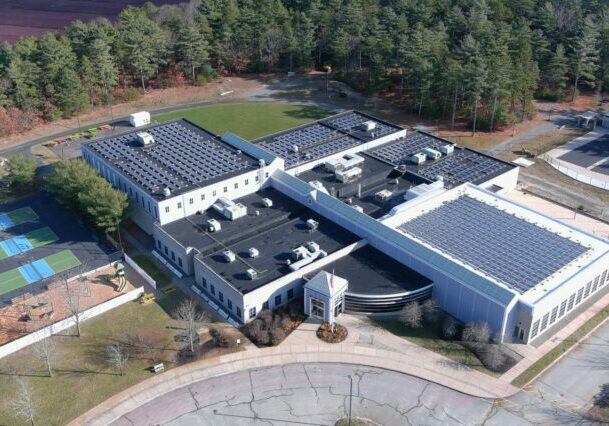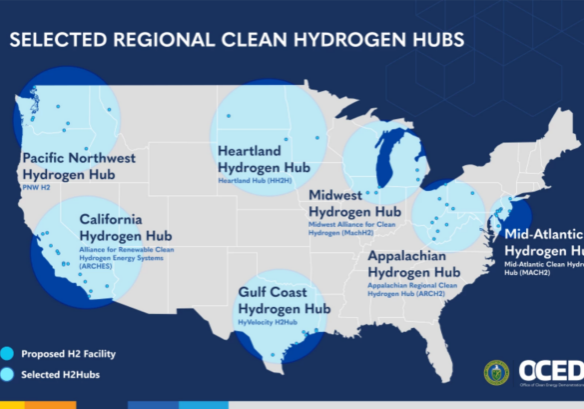September 1, 2015
Shedding Some Light on a Taxing Situation for Community-Shared Solar
By Nate Hausman
For renters and for property owners with inadequate roof space, the many benefits of solar electricity may seem out of reach. About half of all households and businesses in the U.S. are not viable candidates to host a PV system. Community-shared solar offers these electricity customers a way to take advantage of solar PV by buying an interest in an offsite shared solar array and receiving a credit on their electricity bills for their ownership interest.
The community shared solar market is growing rapidly, but its success depends on supportive regulatory frameworks and market systems. As community-shared solar has proliferated, a growing number of states have adopted community solar-enabling laws. This is clearly good news for solar, but one issue that has been less clear is whether an individual owner of solar panels installed in an offsite, community- shared array qualifies for one of the primary carrots offered to homeowners adopting solar—the 30% federal residential investment tax credit called the “residential ITC.” This uncertainty has created confusion in the marketplace.
The Clean Energy States Alliance (CESA), a national nonprofit coalition of public agencies and organizations working on clean energy issues, took this issue head on. Working with stakeholders in Massachusetts and Vermont and with the law firm Foley Hoag, CESA facilitated the submission of a Private Letter Ruling request to the Internal Revenue Service to clarify whether an owner of solar panels in a shared, offsite solar array is eligible for the residential ITC. The IRS recently released its Private Letter Ruling confirming the taxpayer’s eligibility for the residential ITC. While the ruling is only legally applicable to the individual taxpayer in question, the ruling will be taken as a positive development by community-shared solar participants and project developers.
The recent Private Letter Ruling represents the first instance in which the IRS has publicly weighed in on the applicability of the residential ITC to an owner of solar panels in a shared, offsite array. The ruling suggests that the IRS may be receptive to claims for the residential ITC when a project mirrors the structure of the project that was the subject of the Private Letter Ruling. It represents more good news for the burgeoning community-shared solar market.
The Private Letter Ruling and other documents of interest are available on CESA’s website at http://www.cesa.org/about-us/member-news/newsitem/IRS-Community-Shared-Solar-PLR.
CESA hosted a webinar discussion on the details and legal implications of this Private Letter Ruling on September 22, 2015. Foley Hoag attorneys Nicola Lemay and Adam Wade presented. Slides and a recording are available at: http://www.cesa.org/webinars/showevent/federal-residential-tax-credit-eligibility-for-community-shared-solar-?d=2015-09-22.














